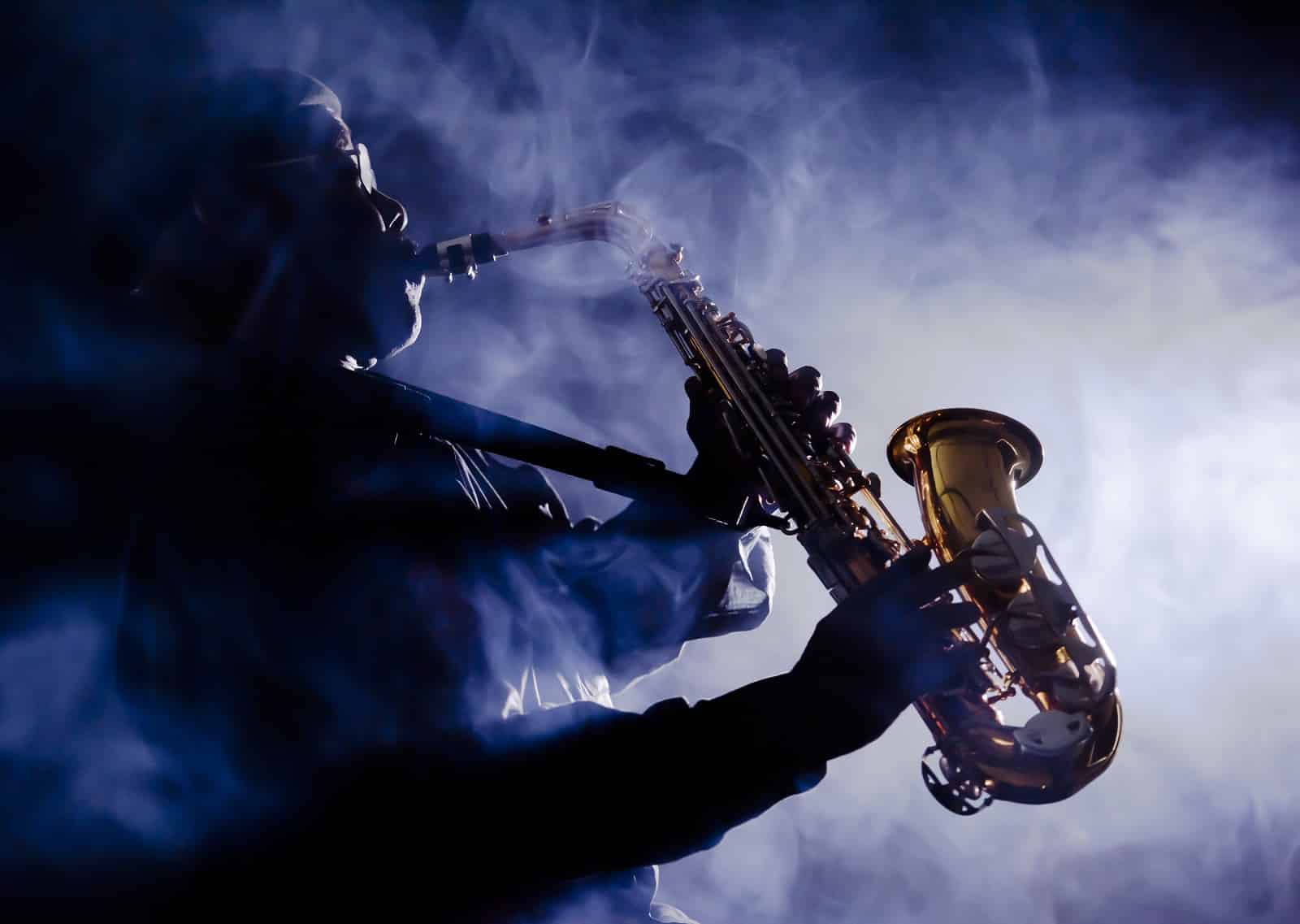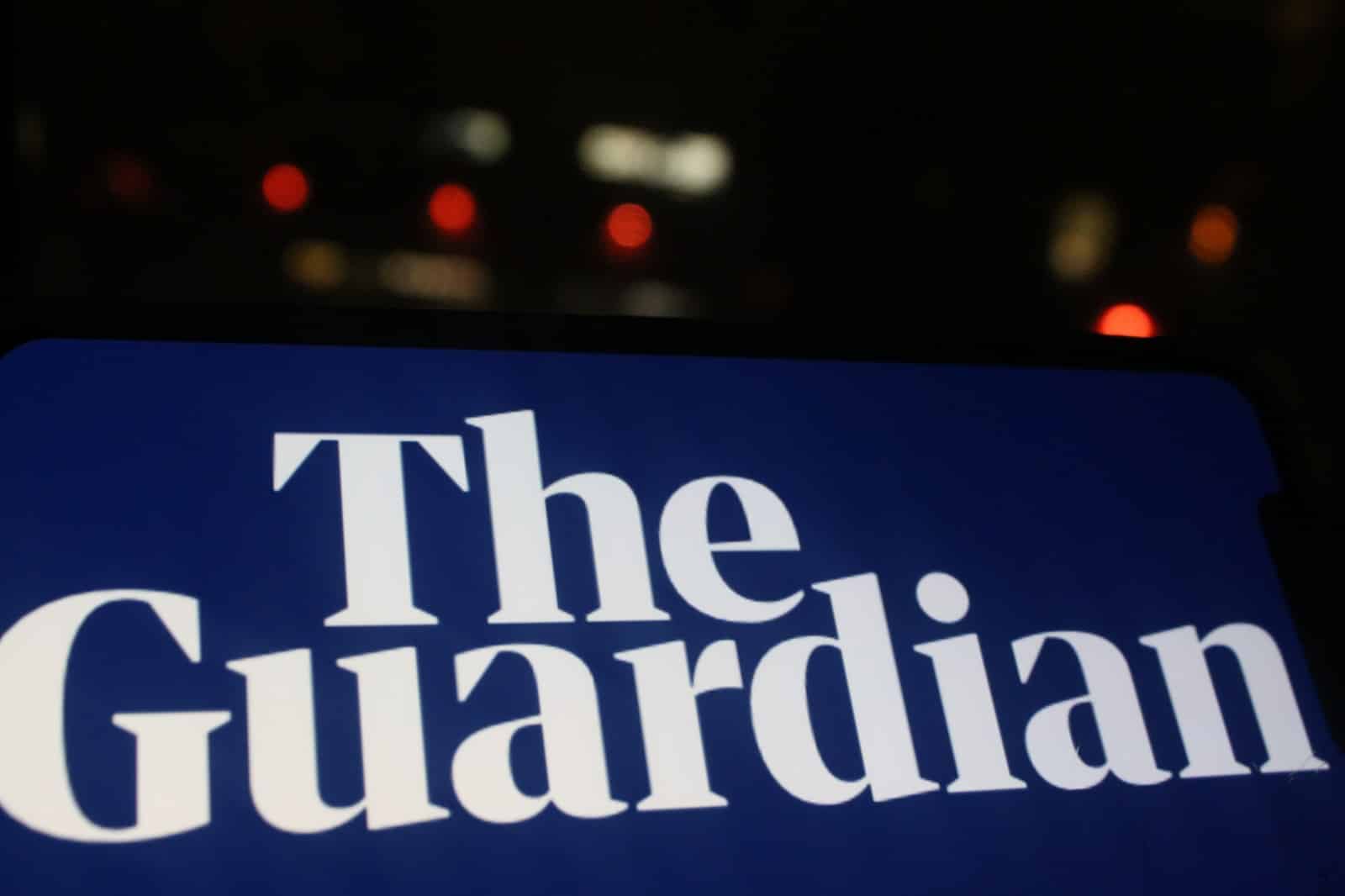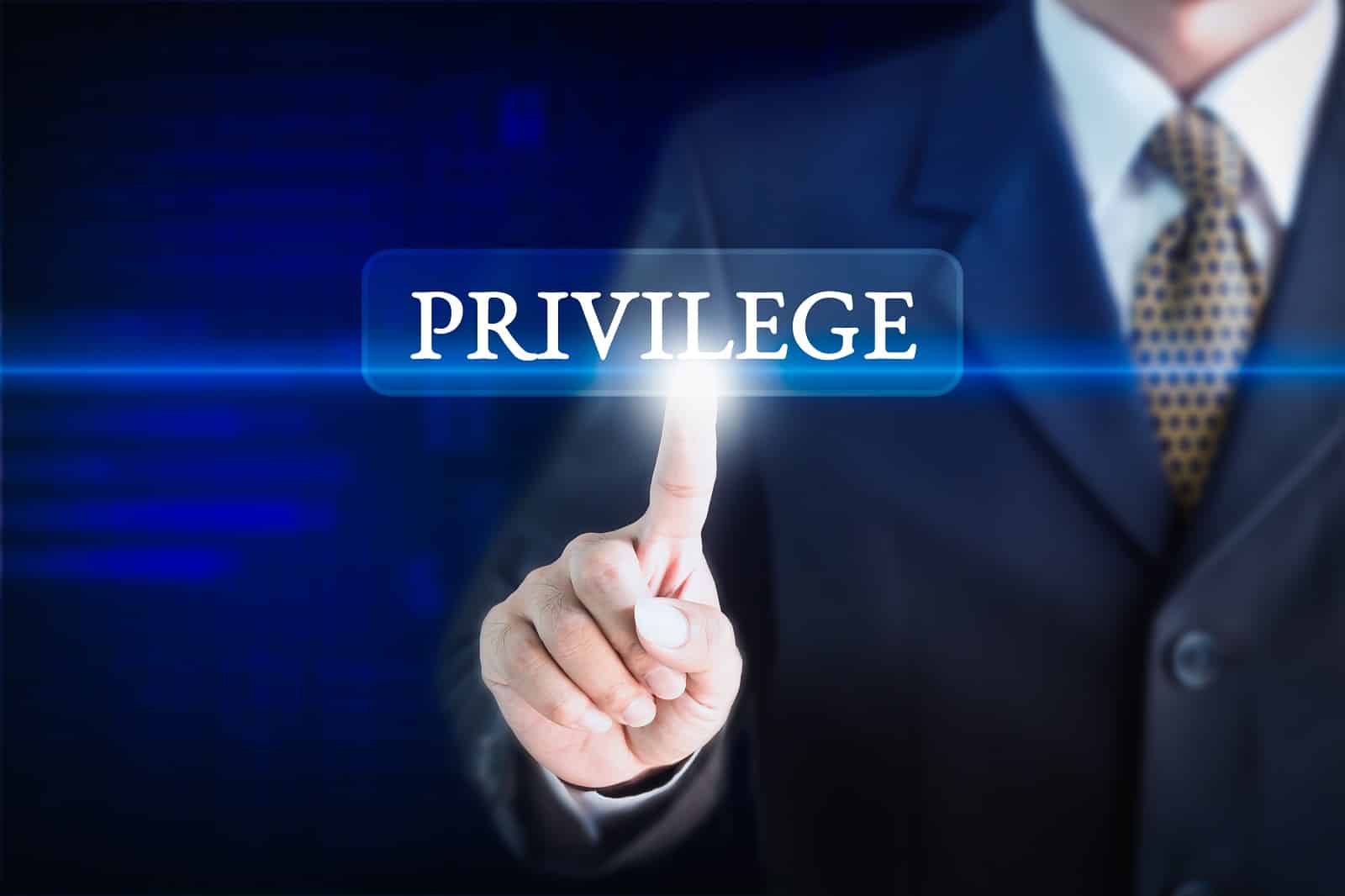Protesters have demanded an end to the exclusion of women at the Garrick Club, igniting a debate on tradition, privilege, and the role of secretive clubs in the running of the British state. Here’s the full story.
Smoke-Filled Rooms

The notion that the British state was run from smoke-filled wood-panelled rooms used to be the stuff of conspiracy theories and low-budget spy thrillers.
Not So Far-Fetched

However, the recent revelations from the Guardian, which revealed that the secretive membership of the exclusive Garrick Club was made up of a who’s who of the British elite, suggest that those accusations may not have been as far-fetched as they initially seemed.
Men Only

The Garrick Club, a historic men-only institution in London’s West End, has found itself embroiled in controversy following the release of its membership list.
Exclusionary Policies

This week, protesters demanded an end to its exclusionary policies, with lawyers, activists, and even a Member of Parliament joining forces to condemn what they see as institutionalized sexism and privilege.
Strongly Worded Letter

An open letter, signed by numerous legal professionals and MP Apsana Begum, was delivered to the Garrick Club.
Pulling No Punches

The letter pulls no punches, denouncing the club’s discrimination against women as “nothing short of scandalous.”
“Symbol of Exclusivity”

The letter reads, “For too long, the Garrick Club has stood as a symbol of exclusivity, a bastion of power maintained by the privileged few – predominantly white men who hold sway over the decisions affecting our society, our political system, our justice system, our media, and arts and culture.”
“Corridors of Influence”

It continues: “Women have been systematically excluded from your corridors of influence and power, though, we note, are permitted in their capacities as cleaners, waiters or guests of men.”
Act of Resistance

In a symbolic act of resistance, a group of predominantly female protesters attempted to deliver the letter directly to the club.
Locked Gates

However, they were met with locked gates and a steadfast refusal from club officials, reflecting the institution’s entrenched resistance to change.
“Wouldn’t Let Us In”

A leading campaigner for women’s access to men-only spaces like the Garrick Club, barrister Dr Charlotte Proudman, stated, “The Garrick Club wouldn’t let us in—or let us deliver the letter. So a man delivered it on behalf of women.”
Explosive Release

The recent attention paid to the Garrick Club follows the explosive release of its membership list. The list, which was previously guarded closely, painted a picture of the club’s significance within the British establishment.
Roll Call

Members included the heads of public institutions, judges, lawyers, influential figures in the arts and cultural spheres and even King Charles.
High Profile Members

The recent departure of high-profile members, including the heads of MI6 and the civil service, underscores the impact of public pressure on the removal of members since their names have become public.
Impartiality and Equality

Of particular concern is the club’s popularity among members of the judiciary, raising questions about the compatibility of club membership with the principles of impartiality and equality underpinning the British legal system.
Four Resignations

This week, the Judicial Office announced the resignation of at least four judges from the club, which reflects the profound unease within the legal profession since the list’s publication.
Ethical Implications

The Bar Council, representing barristers in England and Wales, has stressed the ethical implications of Garrick Club membership.
Compatible or Incompatible?

It urged members to reflect on whether their association with the club was “compatible with the views they espouse in their professional lives.”
Damning Indictment

The protesters’ letter is damning in its indictment of the Garrick Club, stating, “While it may be correct to say that members do not bring paperwork to or hold business meetings at your club, it is untenable to deny that your member’s network and establish relationships that extend into their professional lives while socializing and dining in halls and at tables from which women are excluded.”
“Dinner or Drinks”

It continued, “Recruitment from within these networks only perpetuates the discrimination that is fostered in your club. A connection made over dinner or drinks leads to ‘unconscious’ (and this term is generously used) exclusion of women.”
“The Outcome is the Same”

Finally, the letter stated, “Regardless of intent, the outcome is the same. The Garrick Club embodies the old boys’ club and maintains sexist inequalities and the male establishment.”
Public Condemnation

The protesters publicly condemn members who espouse progressive values while maintaining ties to exclusive, male-dominated spaces like the Garrick Club.
Discriminatory Practices

They challenge the hypocrisy of claiming to support diversity and inclusion while also perpetuating discriminatory practices, calling for accountability and genuine commitment to change.
Entrenched Privilege

The protests against the Garrick Club underscore the entrenched privilege granted by spaces which are exclusionary based on gender, which should have no place in modern society.
Calls for Reform

As calls for reform grow louder and become more challenging to ignore, the club faces mounting pressure to confront its legacy of exclusion and embrace a more inclusive future.
The post Garrick Club Uproar: Gender-Exclusion Sparks Outcry and Protest first appeared on Swift Feed.
Featured Image Credit: Shutterstock / Rawpixel.com.

